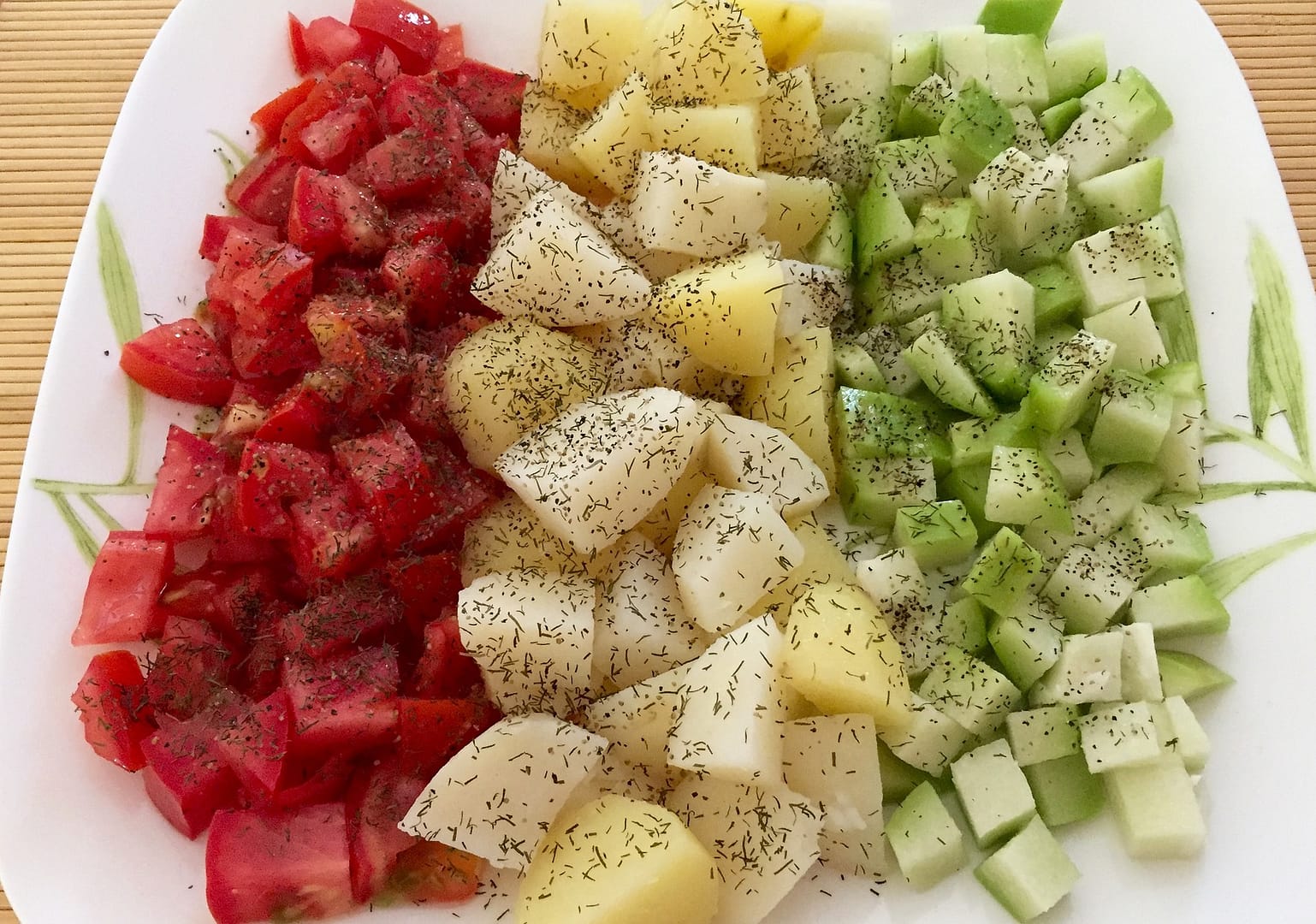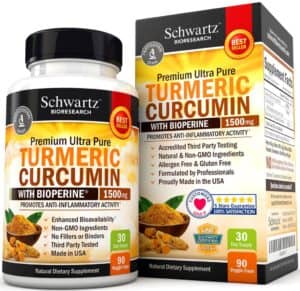Common Keto Dieting Pitfalls to Avoid

In recent years, the ketogenic diet has become the most popular method of weight loss. The keto diet is a high-fat, low-carbohydrate weight loss diet that differs from conventional dietary theories. Research shows that a ketogenic diet can help you lose weight faster than other weight loss programs.
Here are the 6 Ketogenic Diet Mistakes To Avoid As A Beginner:
Not Getting Enough Fats
 Most of us have the idea that fat is bad for our health. Overeating fat increases the risk of cardiovascular disease. But the keto diet is a high-fat diet for weight loss. Many people still feel weird and afraid of fat. Your body needs carbohydrates to replace the missing calories from the skipped carbs; otherwise, the lack of calories could disrupt your metabolism and hormone function in the long run.
Most of us have the idea that fat is bad for our health. Overeating fat increases the risk of cardiovascular disease. But the keto diet is a high-fat diet for weight loss. Many people still feel weird and afraid of fat. Your body needs carbohydrates to replace the missing calories from the skipped carbs; otherwise, the lack of calories could disrupt your metabolism and hormone function in the long run.
Not Having Enough Electrolytes
When we cut carbohydrates from our diet, our body stops retaining vital electrolytes. Instead, it excretes them, along with any water it may retain in a high-carbohydrate diet—specifically, the body’s main electrolyte, sodium. As a result, many men and women experience flu-like symptoms (called “keto-flu”) when they begin the ketogenic diet. You can minimize symptoms by drinking more water and taking supplements to balance your electrolytes.
Not Eating the Right Fats
Since the ketogenic diet requires you to eat certain fats, not all fats are equal. Some may interfere with your weight loss or wellness goals, while others may bring you closer to your desired results. Choose monounsaturated fats (from fish, poultry, nuts, and seeds) and unprocessed oils. You may want to do your best to eat what is ideal for your well-being.
Not Drinking Enough Water
 Water is vital for everything your body does, like burning fat. Drinking at least 64 ounces of water a day helps the human body move food, flush toxins, and burn fat. When you start the ketogenic diet, you may feel like you are drinking a lot more water because your body eliminates water when you start consuming fewer carbohydrates. Constipation is a common side effect of the ketogenic diet, but it can be avoided.
Water is vital for everything your body does, like burning fat. Drinking at least 64 ounces of water a day helps the human body move food, flush toxins, and burn fat. When you start the ketogenic diet, you may feel like you are drinking a lot more water because your body eliminates water when you start consuming fewer carbohydrates. Constipation is a common side effect of the ketogenic diet, but it can be avoided.
Not Eating Enough Vegetables
Many people do not eat their vegetables when they switch to the keto diet plan. Too many men and women focus on limiting carbohydrate intake to the point of not eating vegetables. Don’t. Fruits and vegetables are essential for your health, even if you follow a keto diet. They also contain micronutrients and fiber, so you don’t want to give them up.
Having Too Many Cheat Meals
Unfortunately, the keto diet does not allow “cheating” like other diets. Such a meal is usually high in carbohydrates. This can take you out of ketosis, and you have to start all over again to get your body back into ketosis. But it is not possible to completely ignore cravings. It will make you want to binge. So, if you’re going to indulge in a heavy meal, do it wisely.…


 If you have celiac disease, gluten hypersensitivity, wheat allergy, or an autoimmune deficiency, which can be aggravated by gluten; this protein complex should be eliminated from your diet. Celiac disease is a medical condition wherein the small intestine is super sensitive to gluten resulting in difficulty in the digestion of food. It can ultimately lead to damage of the small intestine. A small amount of gluten, when ingested by a person with celiac disease, can be life-threatening.
If you have celiac disease, gluten hypersensitivity, wheat allergy, or an autoimmune deficiency, which can be aggravated by gluten; this protein complex should be eliminated from your diet. Celiac disease is a medical condition wherein the small intestine is super sensitive to gluten resulting in difficulty in the digestion of food. It can ultimately lead to damage of the small intestine. A small amount of gluten, when ingested by a person with celiac disease, can be life-threatening. Which One Is For You?
Which One Is For You?
